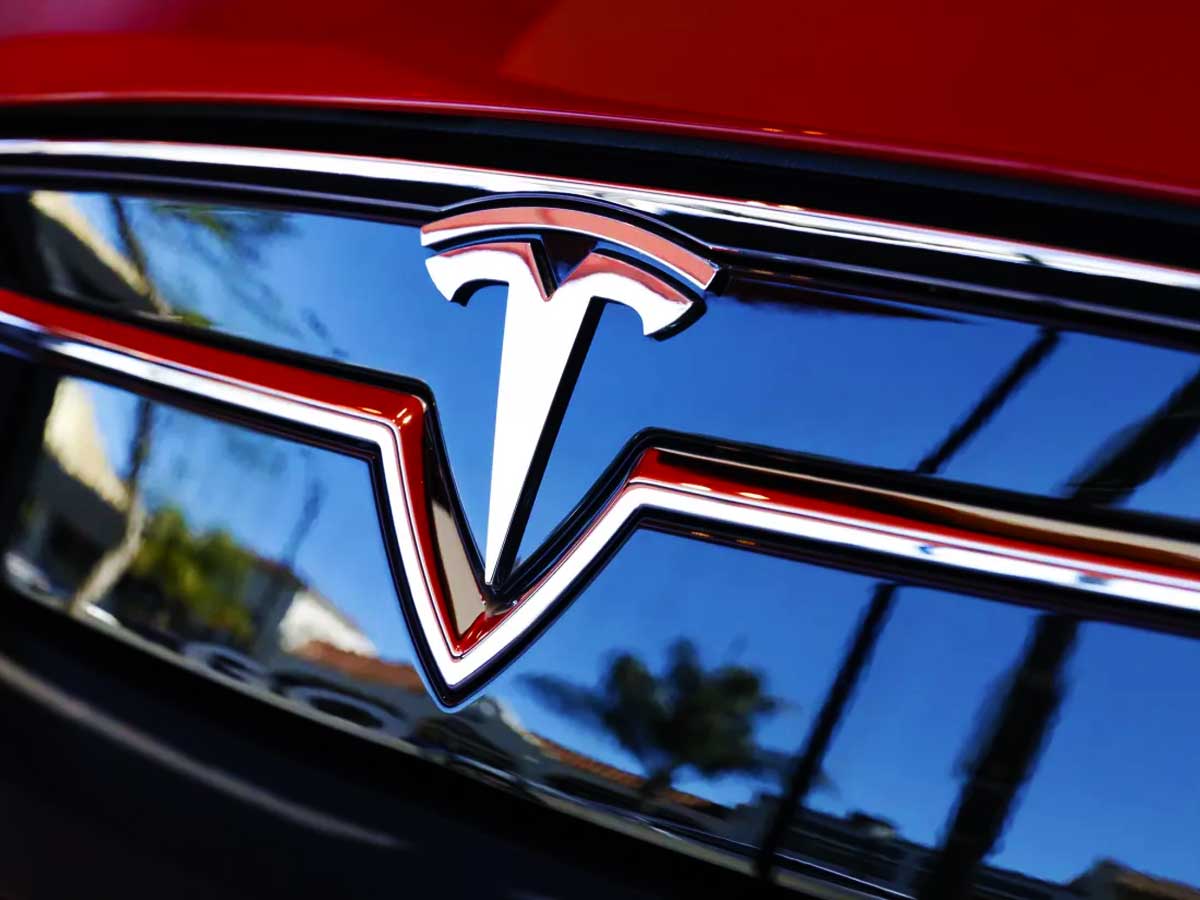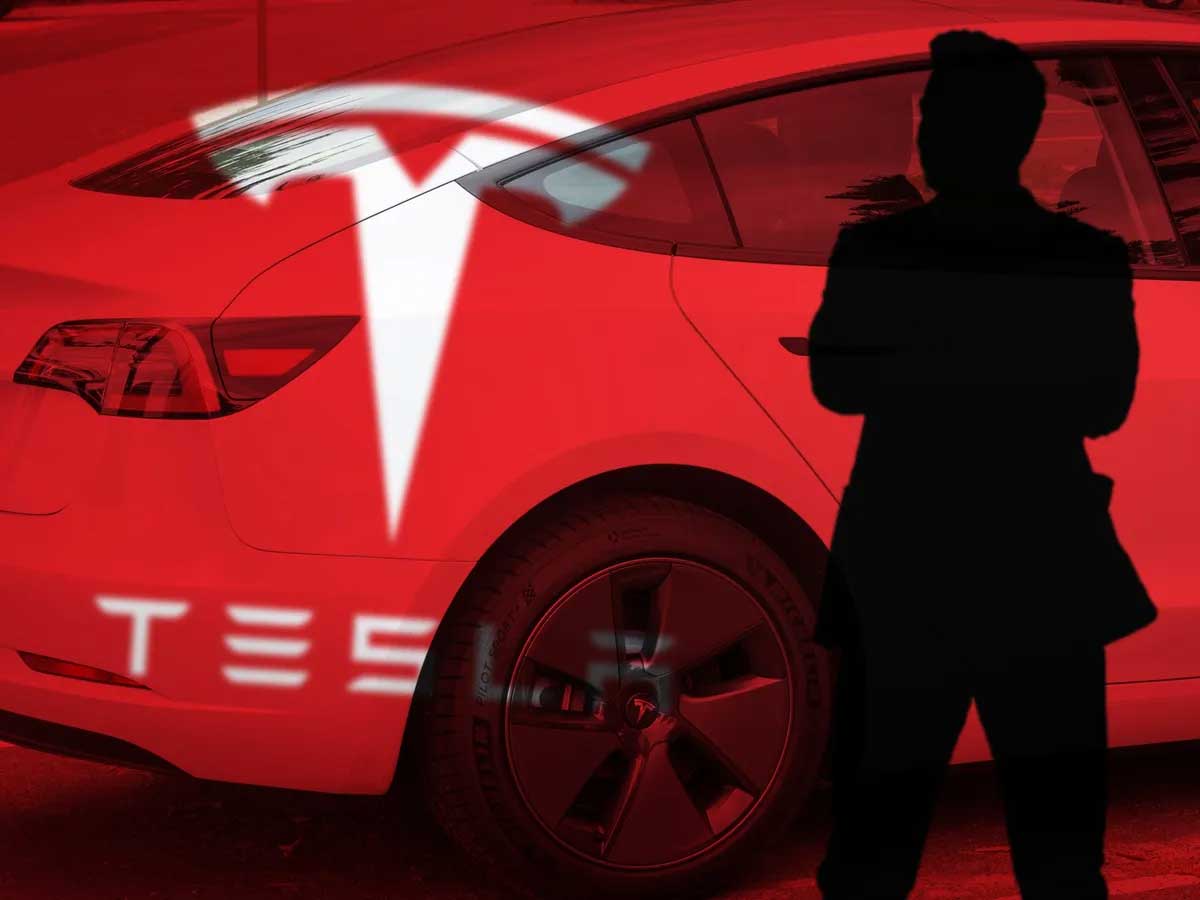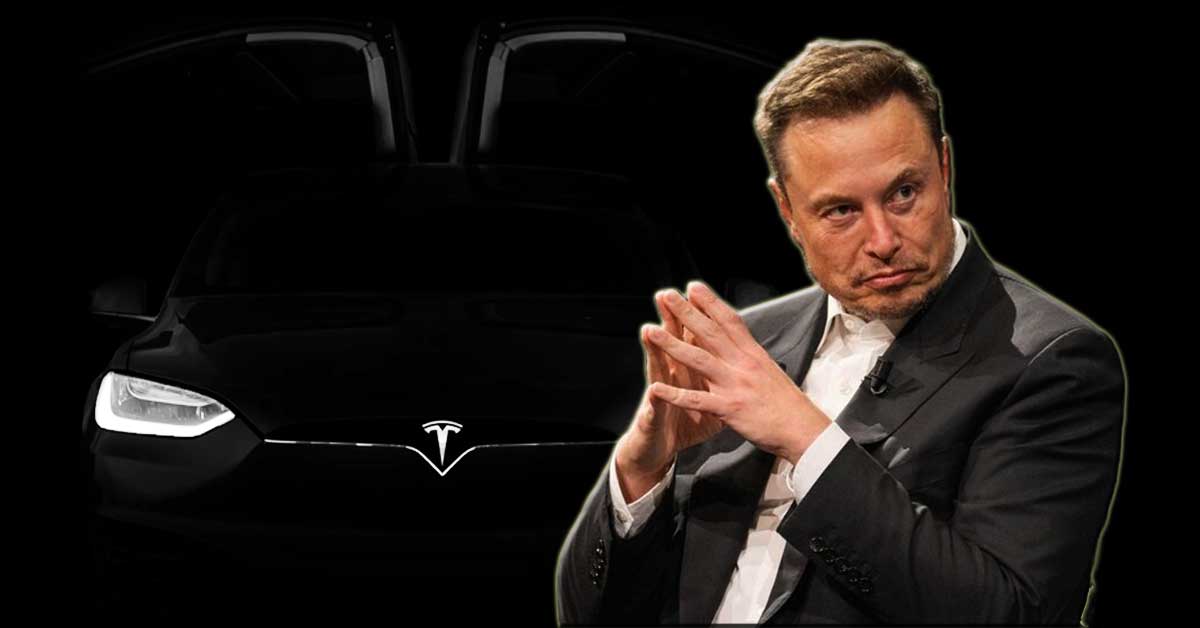Elon Musk, CEO of Tesla and a virtual appearance at an artificial intelligence conference in Shanghai, shared his positive outlook regarding fully autonomous cars without human supervision.
Musk's predictions have drawn much scrutiny due to his history of overly optimistic forecasts in the past. Yet, as progress nears our ambitious goal of human-powered AI development, his beliefs, China's role, and the challenges to be faced along with regulatory oversight are highlighted herein.
Musk expressed confidence in Tesla's potential to reach fully autonomous vehicle production soon, eliminating human drivers entirely. While acknowledging his past history of optimistic projections and predictions, Musk believes Tesla may soon achieve this significant goal and predicts it could possibly arrive end of this year.

Elon Musk recently applauded China for its standing as a global leader in AI innovation. China holds great significance to Tesla as its second-largest market after North America.
Its commitment to autonomous driving aligns perfectly with Tesla's priorities, making China an essential market for its continued development and future expansion. Lastly, China plays an essential role in Tesla's production capacity and acts as competition with its other ventures, such as SpaceX's Starlink satellite communications system.
Elon Musk used his virtual appearance at the conference to urge the Chinese government, which sponsored it, to implement stronger regulatory oversight of artificial intelligence technologies.
Musk's desire for enhanced regulation ties in closely with his efforts to address potential risks related to advanced AI research and ensure the responsible and safe deployment of such technologies.
Elon Musk emphasizes the significance of cultivating positive relations with China. He voices his opposition to Washington and Beijing's increasing hostility toward each other while acknowledging China as the second-largest economy and given their significant market share of Tesla products sold there. It's vital that they maintain positive engagement between both nations.
China influences production capacity as well as competition within its market, so any such engagement must remain positive and beneficial to all involved.
Elon Musk remains confident about Tesla's progress toward fully self-driving cars. However, their timeline remains unknown. Musk is notorious for inaccurate predictions. Expert opinions differ as to when these breakthroughs may take place, thus adding further uncertainty regarding its timeline.

Attaining autonomous vehicle deployment poses significant legal and regulatory hurdles that must be carefully addressed before they can operate safely on public roads. Implementation requires comprehensive guidelines to protect public safety and accountability.
As the technology becomes operationalized, issues related to liability, cybersecurity, and ethical considerations need to be thoroughly explored before being resolved. As self-driving technology matures further, it becomes imperative to create robust legal frameworks governing its deployment effectively.
Sources: forbes.com












